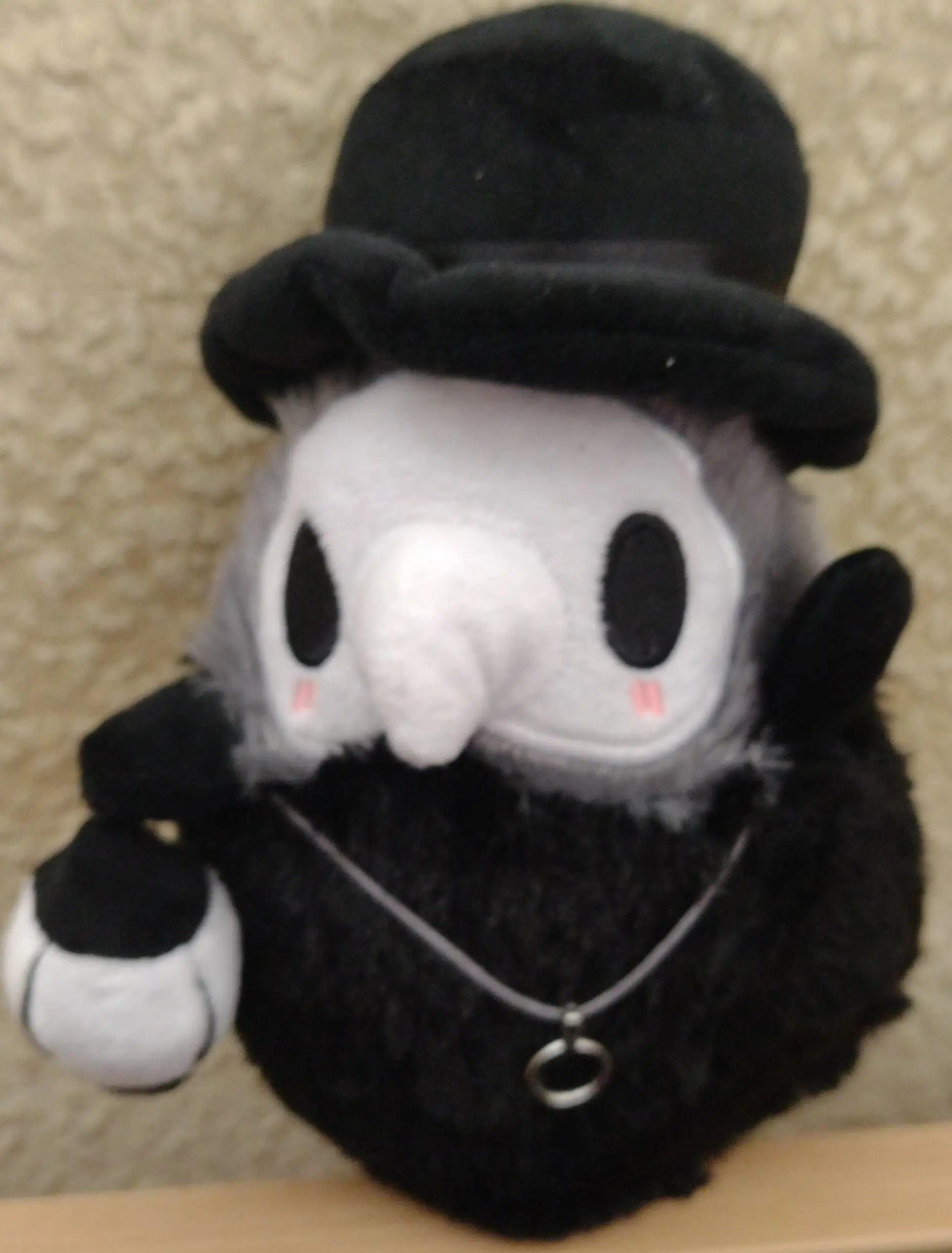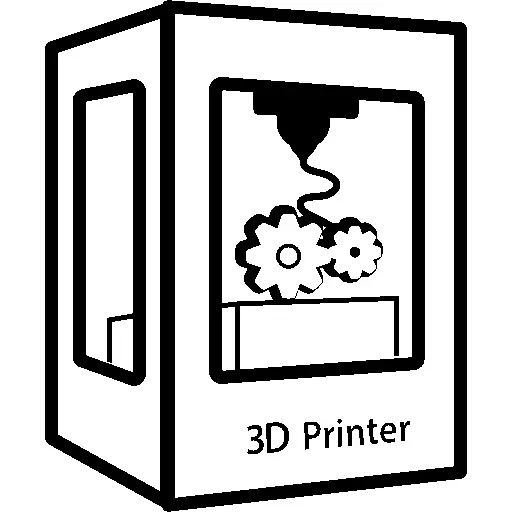Thank you all for your help! After yesterday’s Input I managed to Print my Box! The Problem was (mostly) the Bed temperature! The lower Bed temperature (60°C) and the now successful Firmware-Update (special thanks to DABDA) done the trick!
Thank you all for your help and your advice!
Hello I’m very new to 3D printing, I’m using a Sovol 06 with 1.75mm PLA. I’m trying to print a Box (for MTG-Cards). But everytime the bottom of the Box starts to “deatche” itself from the Bed. It starts with one corner and then progresses to the whole print. The Nozzle temperature is 200°C and the Bed temperature is 80°C. Can someone help?


Is the bed clean and does the first layer look good?
I would say the Bed is clean. The Picture is the Site in contact with the Bed
Your nozzle is way too high off the bed in this image. You need to be about 0.2mm off the bed. In this it looks like you’re 1mm off or more: you can see the lines from each pass separately.
So
Ignore people talking about glue sticks: you shouldn’t ever need a glue stick with pla on a modern printer. If you use one you’re doing something wrong.
This
Are you saying the surface in the picture is the one that touches the bed? If that’s the case it should be nearly perfectly flat and smooth(ish depending on bed texture). If that’s the orientation it prints in there’s still an issue of distance and possibly belt tension or something else because of those waves and deep grooves. There’s a bunch of different methods to level a bed but ultimately you want the nozzle to slightly squish the filament it is putting down, in the picture it looks like it might not be.
As for the bed being clean, if you haven’t yet I’d definitely spray some isopropyl alcohol and wipe it off, taking care not to touch the bed with your hands at all – oil from your skin will easily cause adhesion issues.
Larger prints in general, and especially if there’s temperature variance while printing (drafts), can start to pull off the bed as the material contracts. You may need to add a brim in your slicer to help keep it welded down. When it’s necessary to use one will be a learning experience as you get used to your particular printer and environment.
Yes this is the Site in contact with the Bed. In my actual Try I’ve “loosend” the PLA a bit from the Coil so it can be passed down easier and decreased the printing speed. If that’s fails I’m gonna try to clean it with alcohol. Thank you for the advice! :D
Drop your Z axis more than it was in the pic, I’d try at least two 0.05mm more steps down, and maybe even more. You want PLA to be pretty squashed. Stick a piece of computer paper in between the nozzle and the bed and lower the nozzle to the point that it takes a fair bit of resistance to pull the piece of paper out. That’s the amount of z offset you want with PLA.
As others have said, you need to cool off a bit too, try 60 bed, 195 nozzle. See how it goes, you can always go up a bit or down a bit as it prints too. Try 60/195 though, no fan for the first 3 or 4 layers.
This is not good first layer. Your Z offset is too big. That is to say your nozzle starts too high. Every line needs to squish a bit to adjacent one, but you are not suppose to create waves.
This is a good first layer (0.16mm):